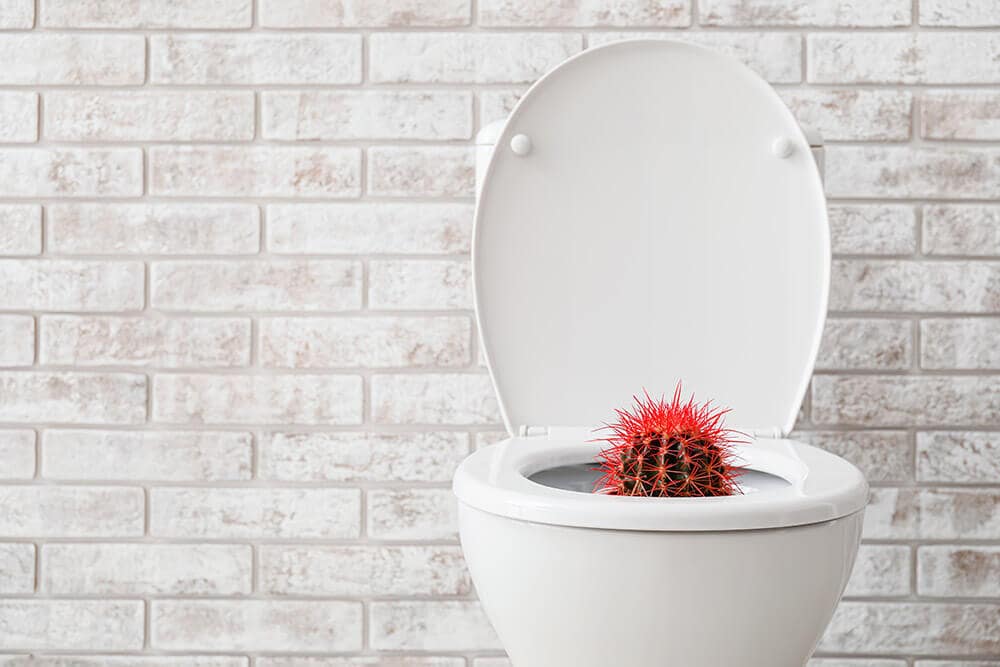What Is Radiation Proctitis?
Radiation proctitis is inflammation and swelling of the rectum after radiation treatment to the pelvic area. It most often affects patients treated for prostate, cervical, or bladder cancer. Symptoms can appear weeks, months, or even years after therapy. ICD-10 code: K62.7.
Common Causes and Risk Factors
- Pelvic radiation therapy
- High radiation doses or large treatment fields
- Preexisting inflammatory bowel disease (IBD)
- Diabetes or poor blood flow to the rectum
- Smoking or a history of rectal surgery
Signs and Symptoms
- Blood in the stool
- Pain or burning sensation in the rectum
- Urgent or frequent bowel movements
- Mucus discharge from the rectum
- Abdominal pain or cramps
How Dr. Rishi Chadha Diagnoses Radiation Proctitis?
Comprehensive History & Physical Exam
Dr. Chadha reviews your pelvic radiation details, cancer history, symptom timeline and risk factors.
Endoscopic Assessment
- Flexible sigmoidoscopy or colonoscopy to directly visualize the rectal lining.
- Targeted biopsy of suspicious areas to confirm inflammation and rule out other conditions.
Imaging Studies
- MRI or CT scan of the pelvis to exclude alternative causes of rectal pain or bleeding.
Laboratory Tests
Blood work to check for anemia, infection markers and overall inflammatory status.
```html
Frequently Asked Questions
What is radiation proctitis?
It's swelling in the rectum after radiation therapy to the pelvic area.
When do symptoms start?
They can begin weeks, months, or even years after treatment.
What is the ICD-10 code?
The ICD-10 code is K62.7.
Can radiation proctitis be cured?
Yes. Most people feel better with the right treatment.
What are the treatment options?
Diet changes, medications, and minimally invasive procedures tailored to your needs.
What foods should I avoid?
Avoid spicy foods, alcohol, and caffeine. Drink plenty of water and eat a high-fiber diet.
Is endoscopy needed?
Yes. Sigmoidoscopy or colonoscopy helps confirm the diagnosis and guide treatment.
Is radiation proctitis dangerous?
No. Most cases are mild and respond well to medical or endoscopic therapies.
How many treatments will I need?
Some patients improve after one session; others may need multiple visits depending on severity.
Where can I learn more?
Visit the National Cancer Institute website for additional information on radiation proctitis.
```











